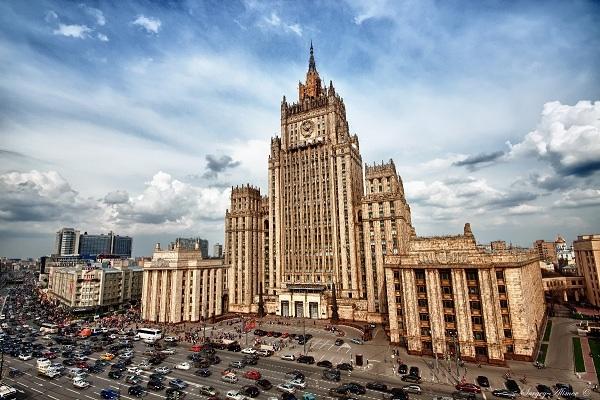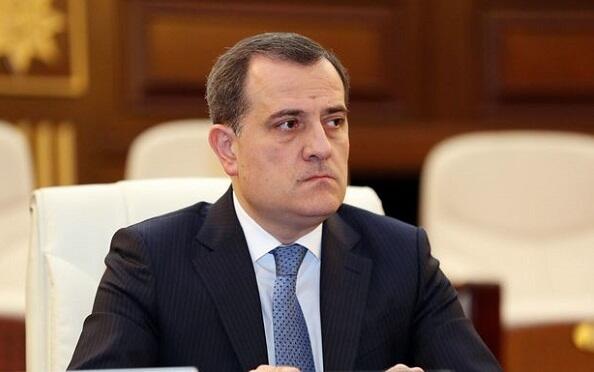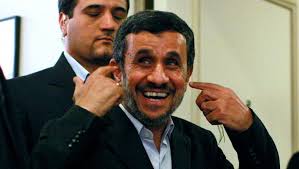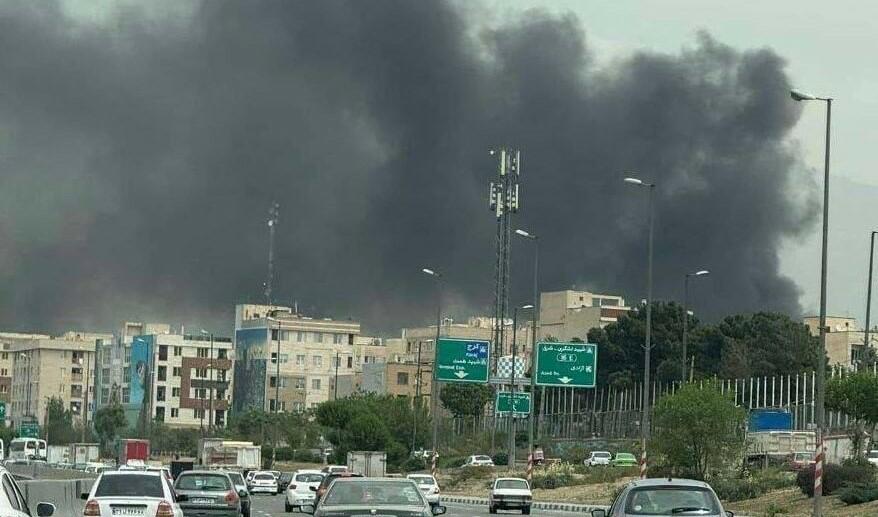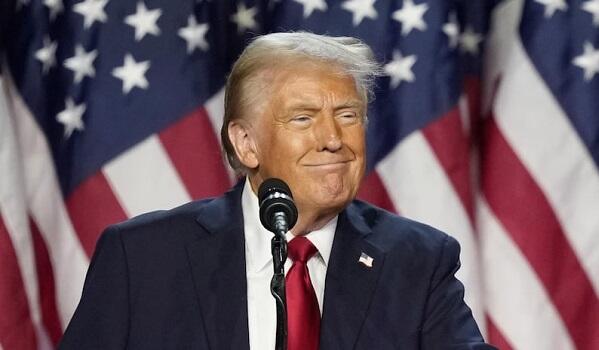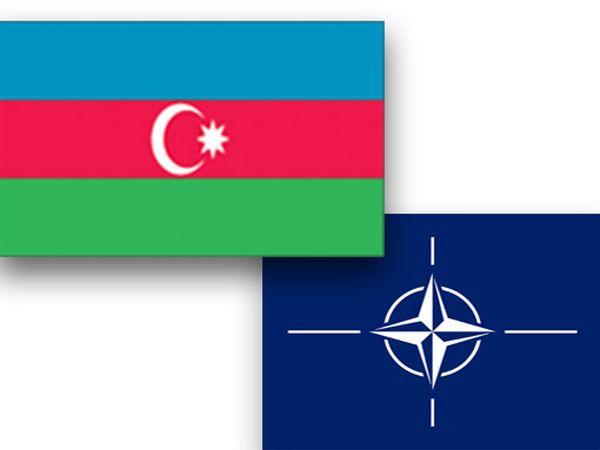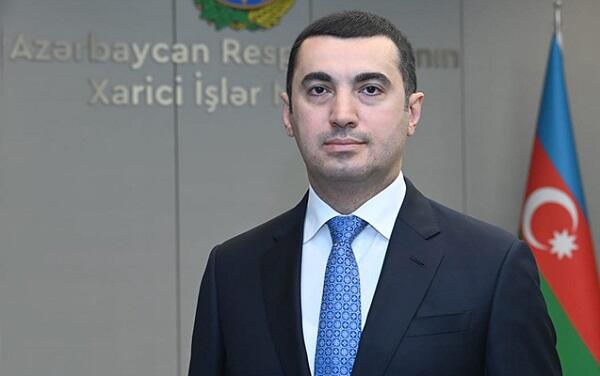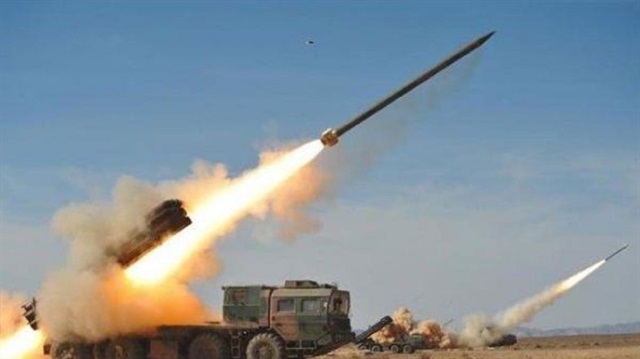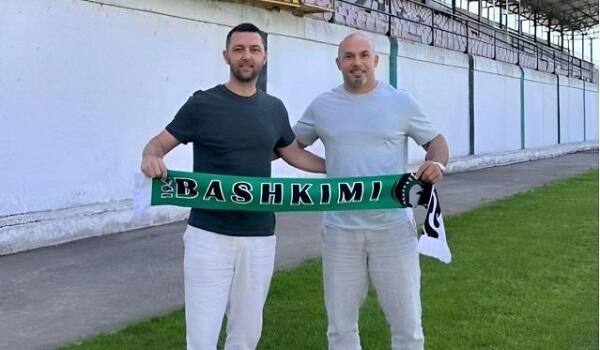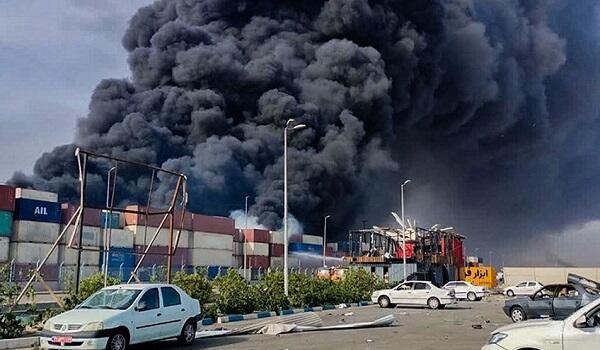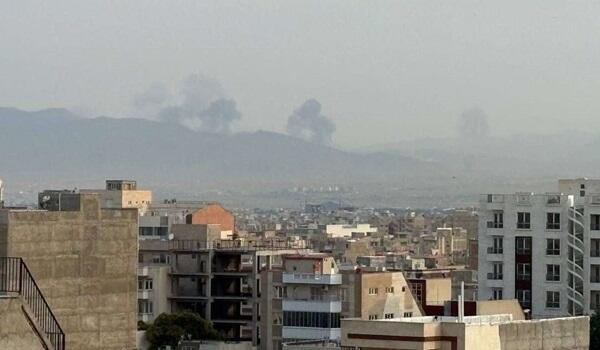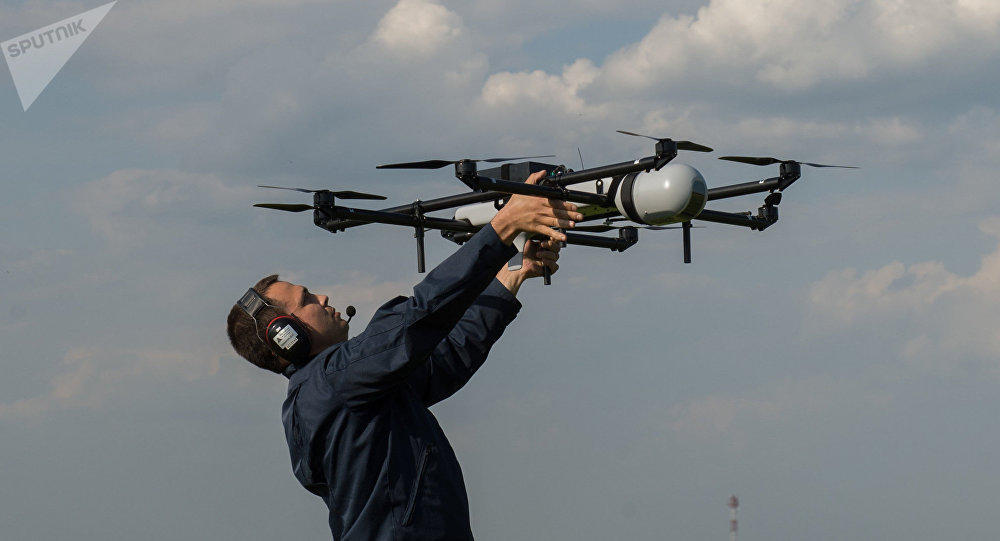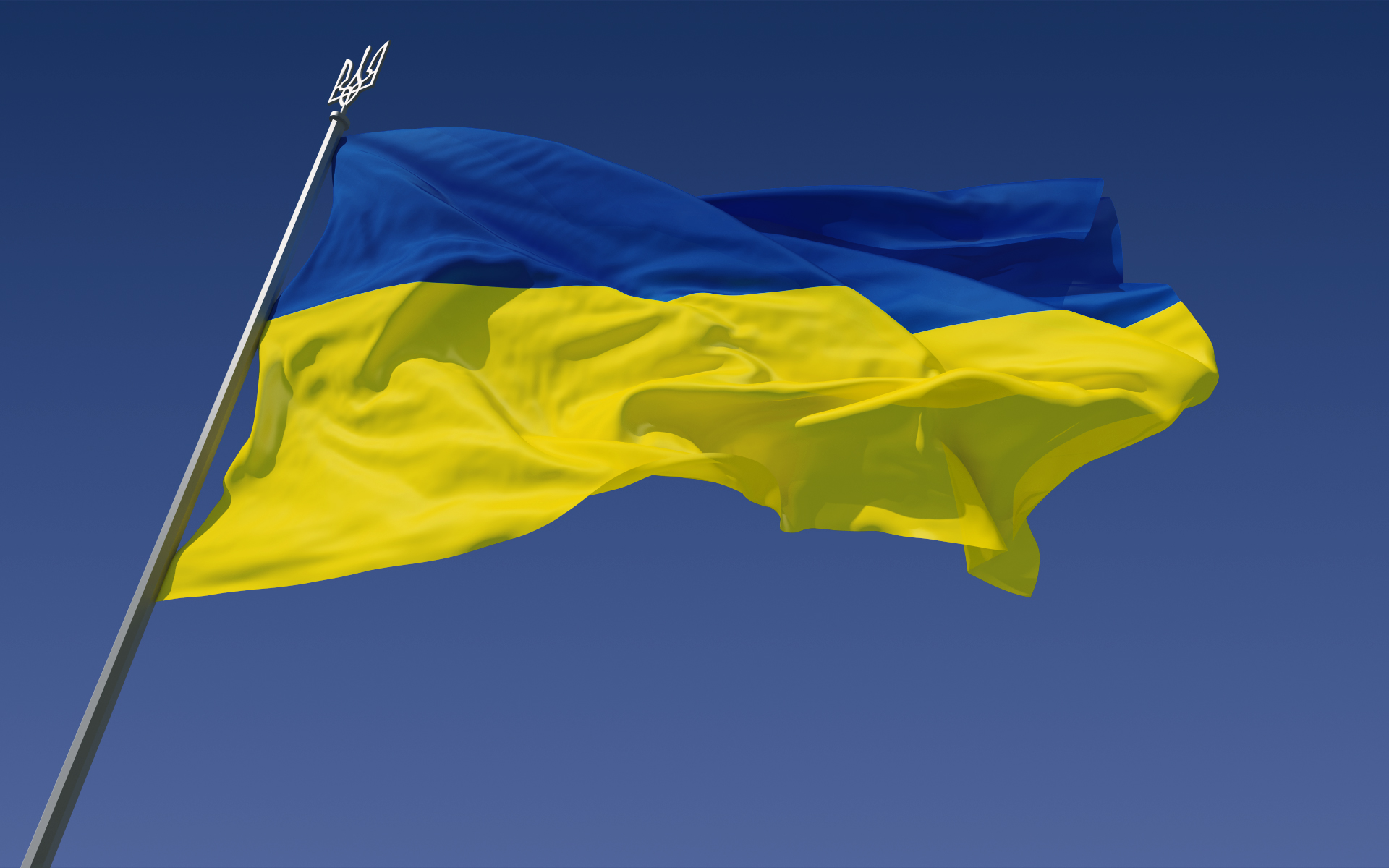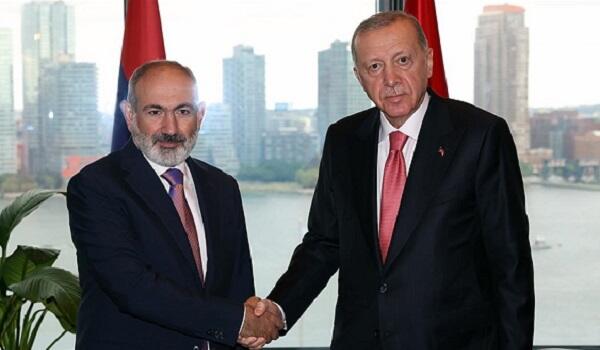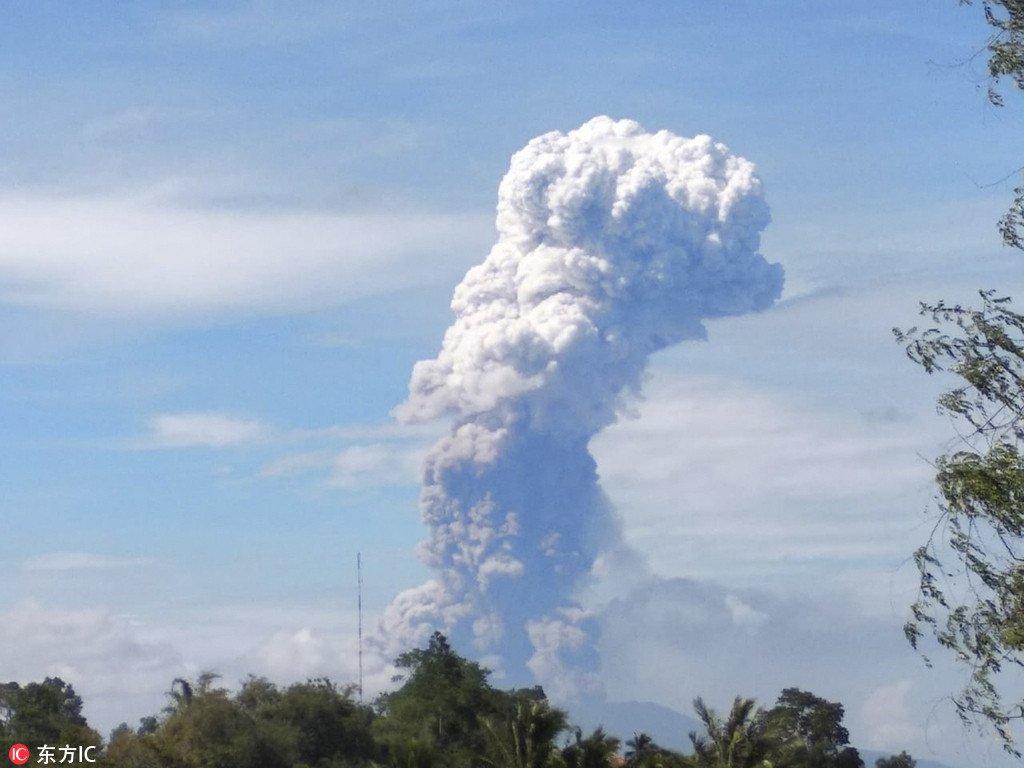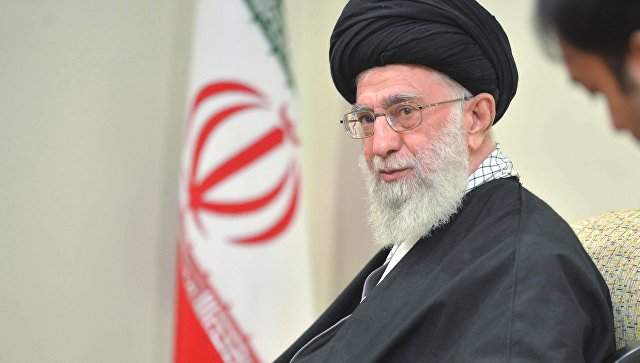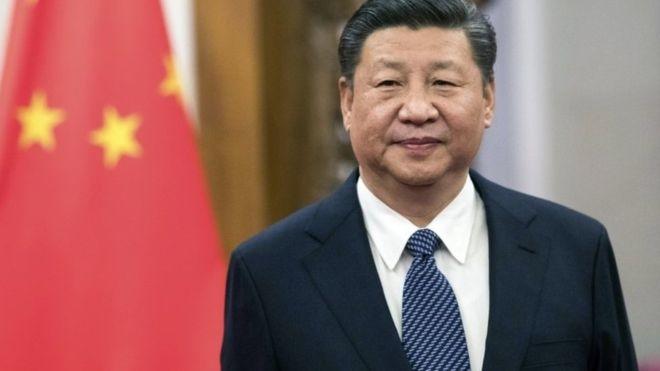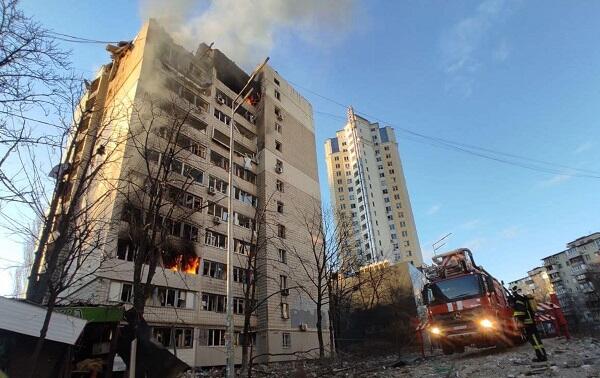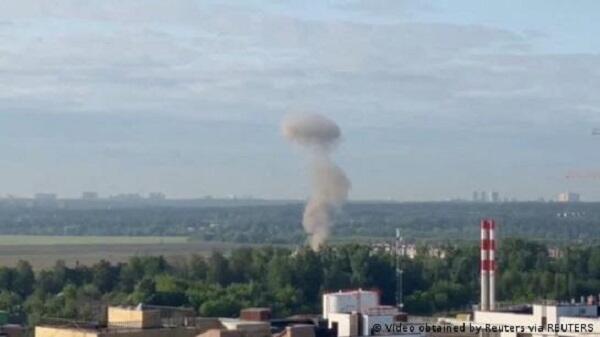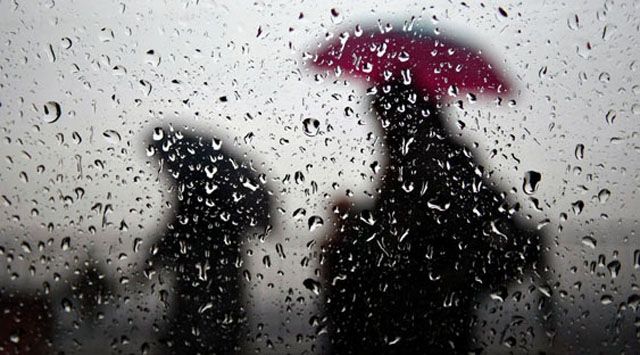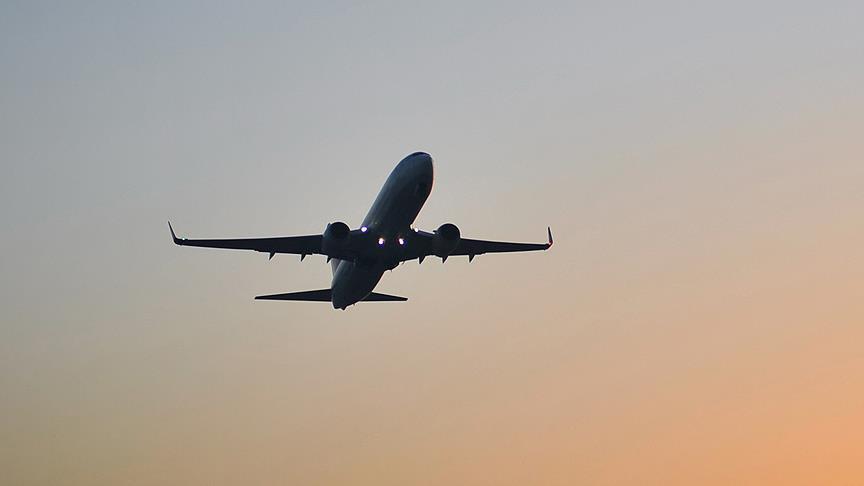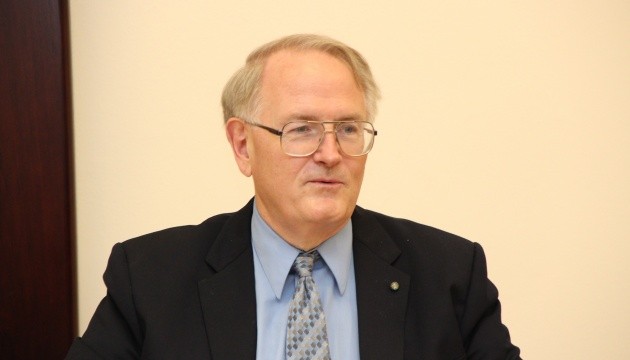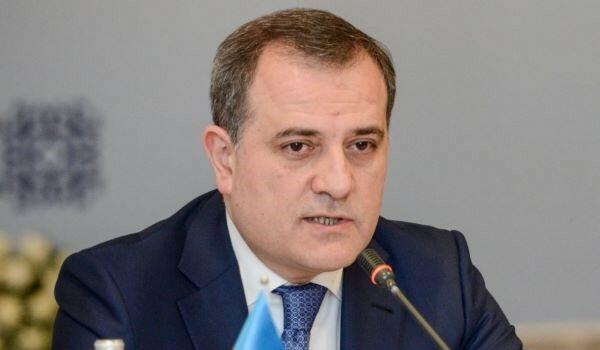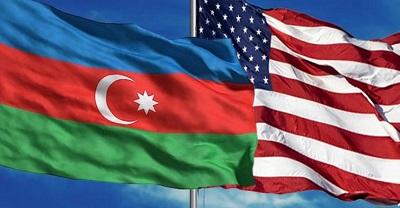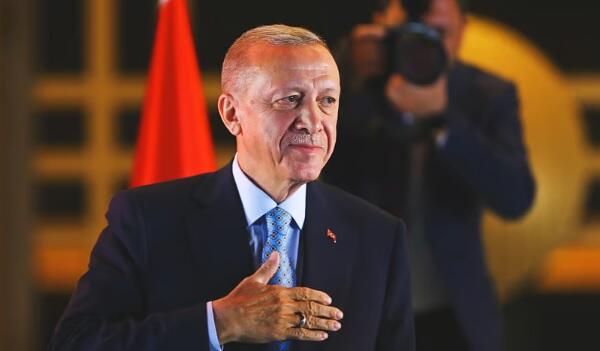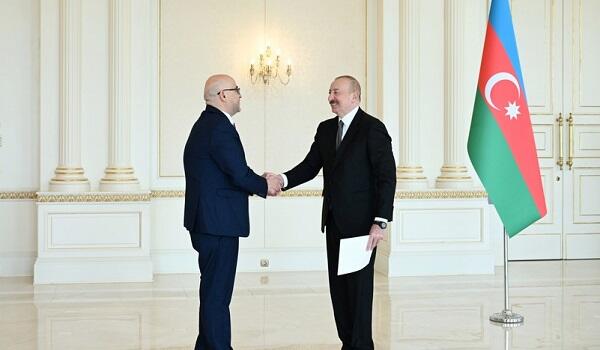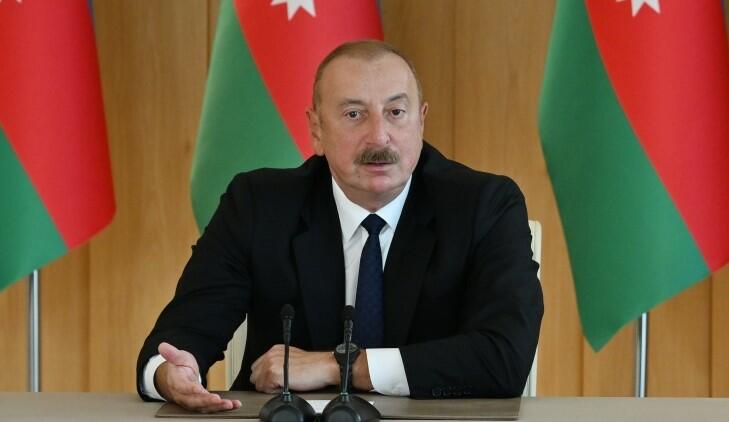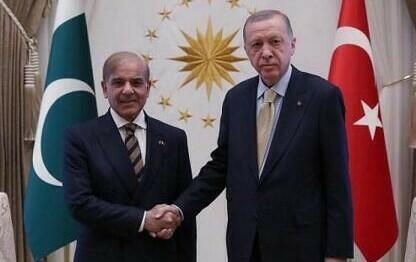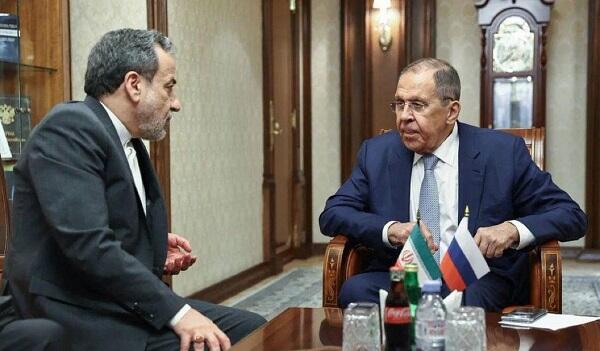Axar.az present the interview with Paul Goble, US special adviser on Soviet nationality issues and Baltic affairs to Secretary of State James Baker.
– Tension still remains in Karabakh and territories around after April fights. In your opinion, isn't it the time to change the status quo in Karabakh with intervention of international organizations?
- Karabakh remains and will long remain a source of conflict in the South Caucasus, at least in part because some parties benefit from the conflict continuing and the major players are unwilling or unable to take the kind of breakthrough actions that were possible once but may no longer be. The longer the tensions continue, the more likely more conflicts are, and the less likely any solution other than a military victory or a military defeat become. But even a military “solution” won’t be one because it will leave at least one side with a grievance to nurse well into the future. My own feeling is that international organizations almost certainly will work to avoid violence more than work to find a solution because they are committed to two contradictory values, territorial integrity of states and the right of nations to self-determination, that make a resolution within the existing international system almost impossible. That will become more true not less with the passing of time.
– You are the person who is quite familiar with negotiations on Karabakh conflict. In some of statements, you have mentioned that Russia prevents Azerbaijan and Armenia to agree on Karabakh. Especially in Key - West. Mister Goble, is that possible to settle the conflict without Russia or preventing its intervention to negotiations and process?
- What was possible in the 1990s at Key West and with the then-rulers of the two countries no longer is. Russia is going to remain a player because the other powers are unwilling to confront it, at least as long as the Russian state in more or less its current borders and with nuclear weapons remains. My own feeling is that Russia will never agree to any settlement until and unless it can secure Baku’s open allegiance to the Russian side. At that point, I am confident, Russia will sell out its Armenian client overnight. But at least now, Baku shows no tendency in that direction.
– There are a plenty of Russian investments in Armenia. In addition to this, main sectors of the country are under control of Moscow. Moscow starts to control air space of Armenia and establishes united armed groups. Armenia is becoming a kind of vassal of Russia. Experts and politician said that they are calling both sides to negotiations and settlement of conflict with peace around round table when fights start in Karabakh. But how can Baku can agree on peace with "vassals" of Russia? Does it make sense?
- Russia’s position in Armenia is ever less secure. It has overplayed its hand if you will and led ever more Armenians to recognize that their interests and Russia’s are far from identical. That doesn’t mean that Yerevan is about to flip into an entirely different geopolitical paradigm, but it does mean that Armenia is not the vassal of Russia your question implies. Indeed, as often happens in international affairs, client states often have more clout over those who are supposed to control them than many expect. I believe that Armenia will drift ever further from Russia over the next decade and that with skillful diplomacy it may be able to carve out for itself a much better place in the Caucasus than it now has.
– If we will view the Caucasian map, we can see Georgia which is supported by West in the middle, Armenia which is backed by Russia and Azerbaijan which remained neutral. Azerbaijan has gigantic neighbors like Iran and Russia, who has ambitions on this country. Taking into account tension in geo - politic condition, can we witness progress in NATO - Azerbaijan cooperation?
- Eventually Georgia will be a member of NATO. Azerbaijan wants to continue its balanced foreign policy but whether Russia will accept that in the long term remains to be seen. If Moscow pushes too hard, Baku will respond by drifting toward the West. Armenians should not expect that the current arrangements are fixed. They should be open to some radical changes. Azerbaijanis should be planning for shifts as well.
– And there is Northern Caucasus issue. Economical condition in this region is really bad. In addition to this, fundamental Islam is strengthening day by day in Northern Caucasus, especially in Chechnya. Even some Russian media members claim that Caucasians have done Saint Petersburg terror attack. Mr.Goble, do you think we can see another attempt for independence in Northern Caucasia?
- The North Caucasus is likely to gain independence because Russia will want it to leave, to become perhaps a protectorate but at less cost than now, rather than because of any drive on its part. Many fear the Chechenization of Russia and would be quite happy to see Grozny go its own way. Putin isn’t among them but he isn’t going to live forever.
– Some Western experts see Georgia as a threat for Russia. Some of these opinions claim that it can reach military conflict point. We can see that unlike Saakashvili administration, new administration of Georgia takes steps which are beneficiary for Russia. For example, renewal of "Gazprom" contract. Does Russia really plan new sabotages in Georgia?
- Both Georgia as a threat to Russia and Russian sabotage of Georgia are too strong. Georgia does represent a threat to Russia but only as a case of successful transformation, and Russian special forces will continue to try to take advantage of the instabilities within Georgia. But that is likely to be a permanent condition rather than something leading to a new crisis.
– Main tool of NATO for influencing Caucasia is Turkey. Ankara is in good relationship with both Tbilisi and Baku. As a respond to Russian and Iranian activities, can NATO become active in Caucasia by using Turkey? In addition to this, can documents like like Azerbaijani - Georgian - Turkish alliance be signed?
- I think the events of the last year show that Turkey is of limited use to NATO in the Caucasus or in Central Asia. I do not expect Turkey to recover its position in this regard in this decade.


